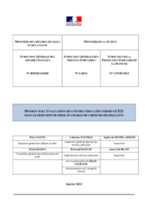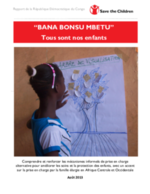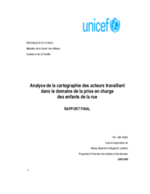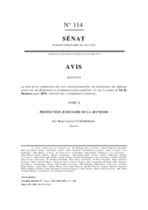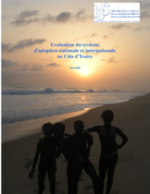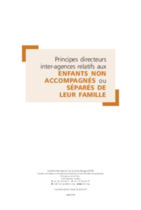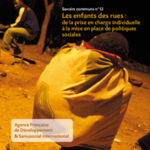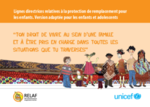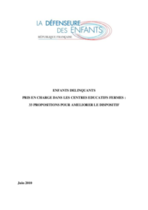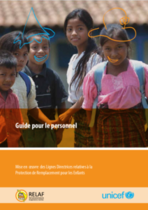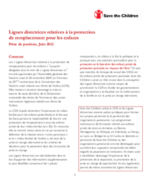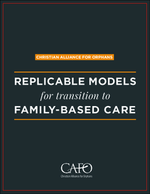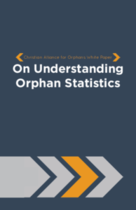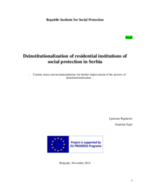Mission sur l'evaluation des centres educatifs fermes (CEF) dans le dispositif de prise en charge des mineurs delinquants
L’inspection générale des services judiciaires (IGSJ) et celle des affaires sociales (IGAS) assistées de l’inspection de la protection judiciaire de la jeunesse (IPJJ) ont été saisies par les Ministres de la Justice et des Affaires sociales et de la Santé d’une mission d’évaluation des centres éducatifs fermés (CEF) dans le dispositif de prise en charge des mineurs délinquants.

